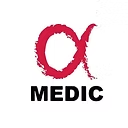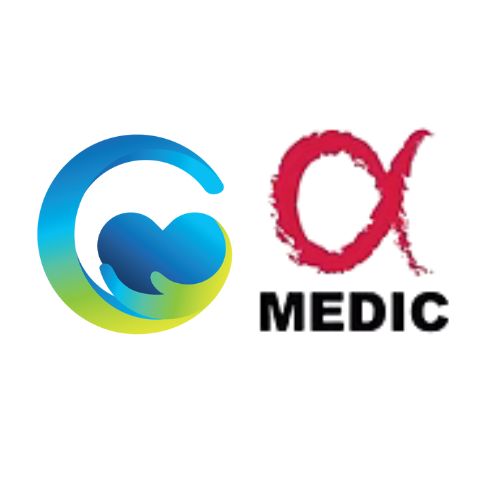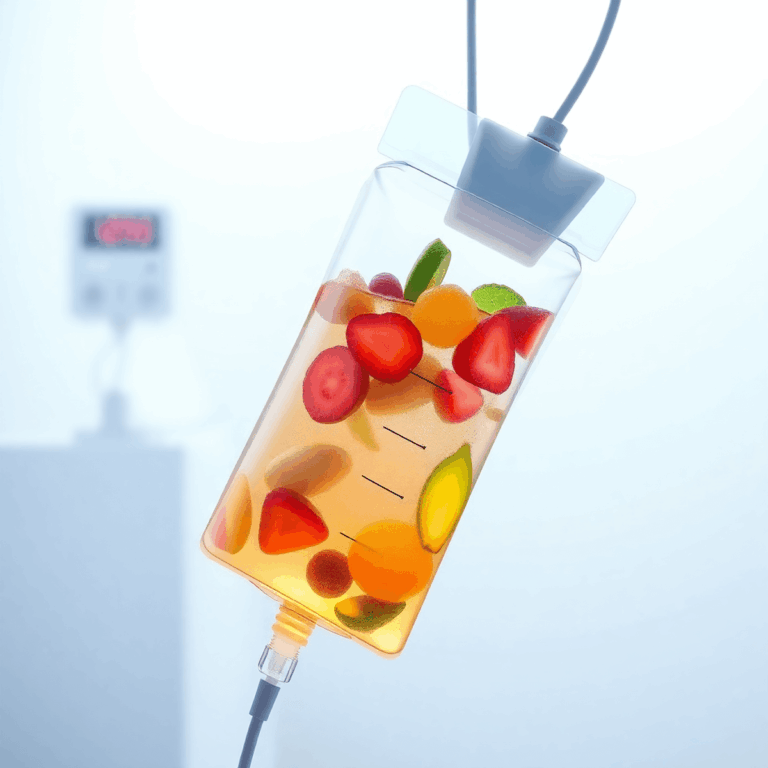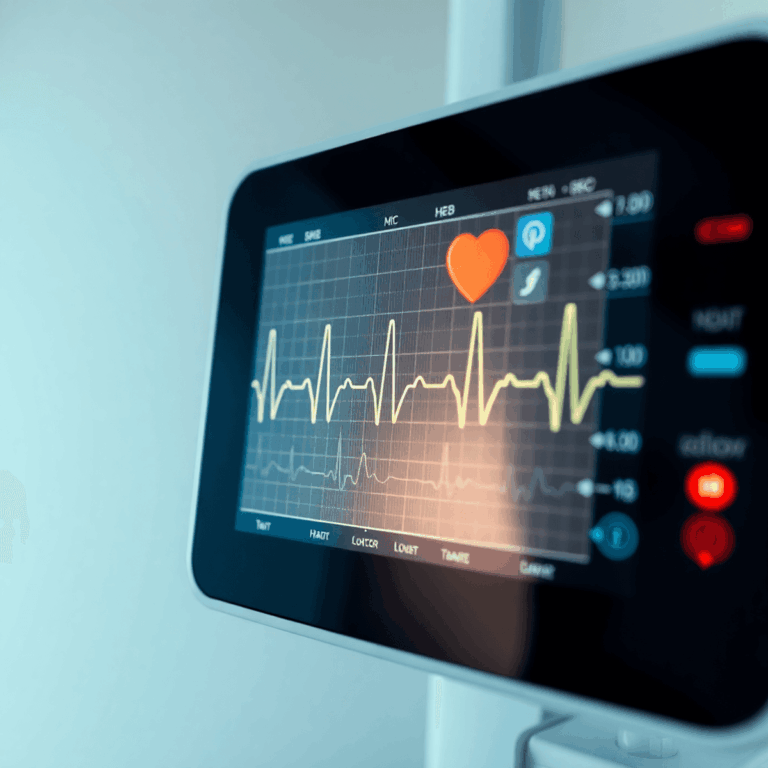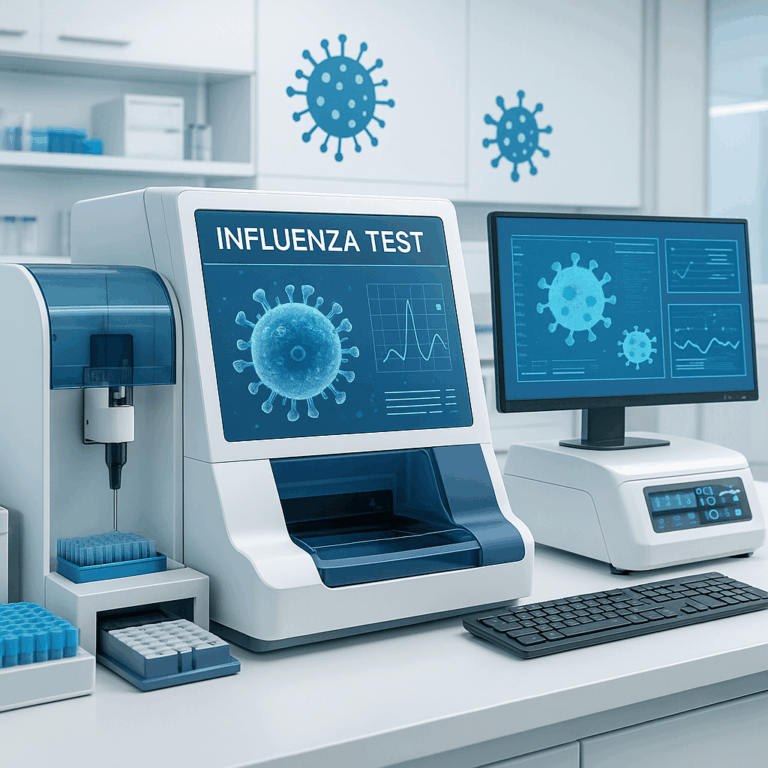Get In Touch With Us
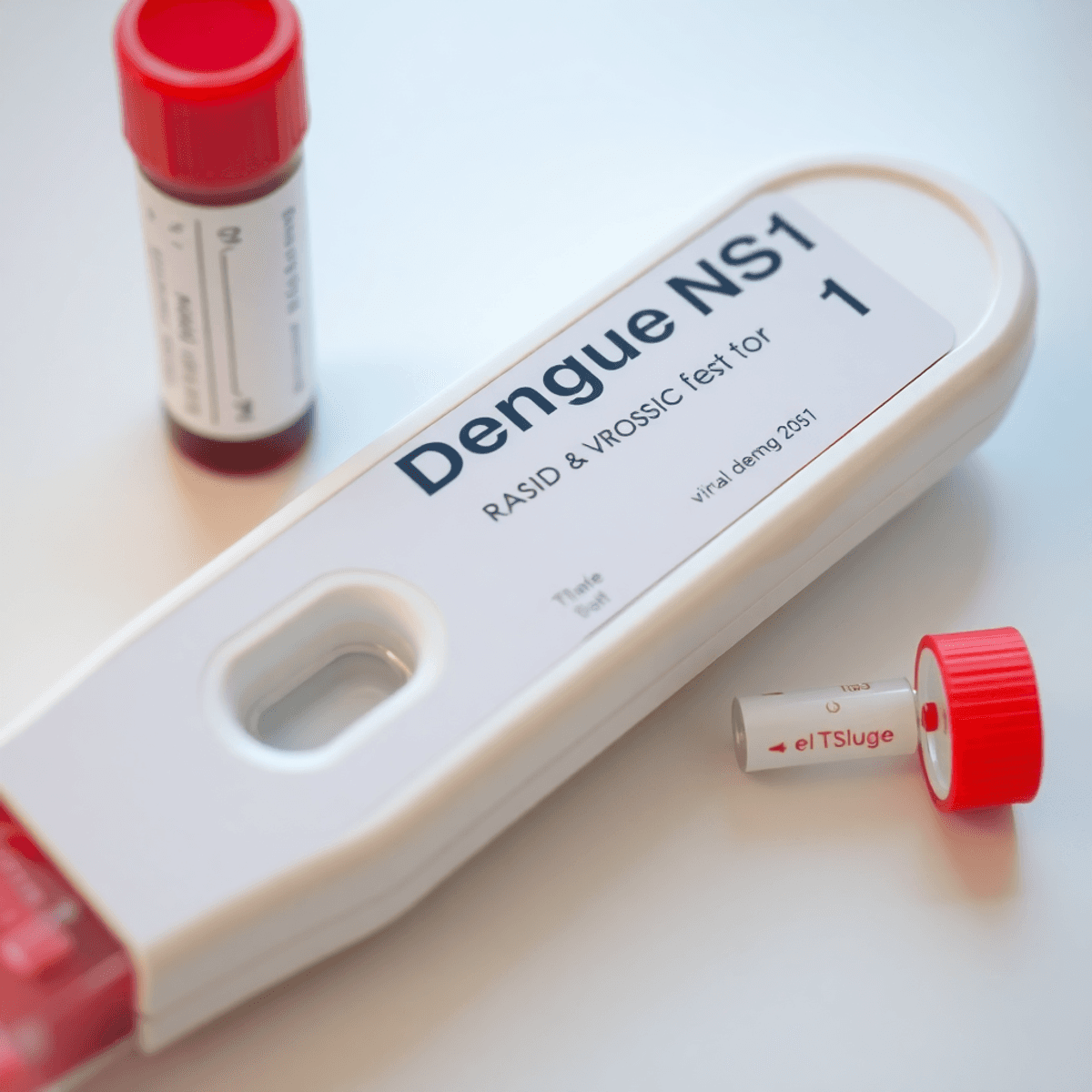
Understanding the Dengue Rapid Test: A Comprehensive Overview
Learn how Dengue Rapid Tests detect NS1 antigen and antibodies for early dengue diagnosis and effective patient management.
The Dengue Rapid Test is an important diagnostic tool used to quickly identify dengue virus infections. This test is crucial for effective patient management and public health surveillance.
The Dengue Rapid Test helps healthcare providers diagnose dengue infections promptly, allowing for timely medical intervention and preventive measures. By detecting dengue antigens or antibodies in a patient’s sample, the test enables healthcare professionals to make quick decisions that support patient recovery and prevent the spread of the virus.
As a key part of diagnostic protocols, the Dengue Rapid Test plays a significant role in reducing the impact of dengue-related complications and promoting proactive public health strategies. In addition to specific tests like this one, regular health screenings are also beneficial for early detection and prevention of various health issues, leading to better overall wellness.
Understanding the NS1 Antigen Testing in Dengue Diagnosis
The NS1 antigen testing plays a crucial role in the quick diagnosis of dengue infections. Here’s a closer look at this important diagnostic method:
1. Explanation of NS1 Antigen Testing
NS1 antigen testing involves detecting the non-structural protein 1 (NS1) that is secreted into the bloodstream during a dengue infection. This test is particularly valuable for early diagnosis, recommended within the initial 7 days of illness.
2. Types of Samples Used
Samples commonly used for NS1 antigen testing include blood and plasma samples. These specimens are essential for accurate detection of the NS1 protein, aiding in confirming dengue virus infection swiftly. Klinik Alpha offers comprehensive blood test packages that could assist in gathering the necessary samples for such tests.
3. Comparison with Molecular Tests
When compared to molecular tests, NS1 antigen testing demonstrates notable sensitivity and specificity. It serves as an effective alternative during the acute phase of infection, providing reliable results for healthcare providers.
By understanding the significance of NS1 antigen testing and its reliance on blood and plasma samples, healthcare professionals can leverage this diagnostic tool effectively to detect dengue infections promptly and accurately. This understanding also emphasizes the importance of vaccination as a preventive measure against such viral infections, which can be explored further through Klinik Alpha’s vaccination services.
Interpreting NS1 Test Results: Challenges and Considerations
The NS1 antigen test is an important tool for diagnosing dengue virus infections, but understanding its results can be challenging.
Positive Result: Confirming Dengue Infection
- A positive NS1 test result is a strong indicator of an active dengue infection.
- Detection of the NS1 antigen reflects the presence of viral proteins circulating in the bloodstream during the acute phase, typically within the first 7 days of illness.
- Clinicians can promptly initiate appropriate patient management based on this confirmation, improving clinical outcomes and reducing complications.
Negative Result: Diagnostic Challenges
- A negative NS1 test result does not definitively exclude dengue infection.
- The sensitivity of NS1 antigen detection may decline as the infection progresses beyond the early acute phase, leading to false-negative results.
- Variability in individual immune responses and viral load can also impact test sensitivity during initial presentation.
- Clinical symptoms and epidemiological context should guide interpretation when NS1 results are negative despite suspicion of dengue.
Importance of Additional Testing
Relying solely on NS1 antigen testing may lead to incomplete diagnostic conclusions. Follow-up testing is crucial in several scenarios:
- IgM Antibody Testing: Detects host immune response to dengue infection, becoming positive several days after symptom onset. Useful for confirming recent or ongoing infection when NS1 is negative or inconclusive.
- Molecular Methods (PCR): Identify viral RNA with high sensitivity and specificity, particularly effective in early stages but require specialized laboratory settings.
- Sequential testing combining NS1 antigen with IgM antibody detection enhances diagnostic accuracy across different phases of illness.
“Negative NS1 results warrant cautious interpretation; additional serological or molecular tests provide comprehensive evaluation to confirm or exclude dengue infection.”
Healthcare providers should integrate NS1 test outcomes with clinical assessments and consider repeat or complementary testing to ensure accurate diagnosis and optimal patient care.
For comprehensive medical consultations that can aid in interpreting these test results, Klinik Alpha offers expert medical consultations in Ipoh. They provide tailored healthcare solutions whether you have a minor illness, require follow-up care, or need expert medical advice.
In addition to dengue testing, Klinik Alpha also offers Influenza & Covid Test services which could be beneficial for patients exhibiting similar symptoms as dengue but may actually be suffering from influenza or COVID-19.
Combined Dengue Rapid Tests: Enhancing Diagnostic Accuracy Across Clinical Phases
Combined Dengue Rapid Tests, such as those offered by Klinik Alpha, integrate the detection of both NS1 antigen and IgG/IgM antibodies into a single diagnostic platform. This dual approach addresses the dynamic nature of dengue infection by targeting different markers that appear at various stages of the disease.
Understanding the Markers
- NS1 Antigen Detection: Most effective during the acute phase, typically within the first 5 to 7 days of symptom onset. It identifies the presence of viral proteins circulating in the blood, enabling early confirmation of infection.
- IgM and IgG Antibodies: Emerge later as part of the immune response. IgM antibodies generally become detectable around day 5 to 7 after symptoms begin, indicating recent infection. IgG antibodies develop subsequently, persisting longer and reflecting past exposure or secondary infections.
How Combined Tests Work
By combining these markers, the test provides comprehensive coverage throughout the clinical course of dengue:
- Acute Phase: NS1 positivity confirms active viral replication before antibody production.
- Early Convalescence: Detection of IgM antibodies assists in diagnosing infections when NS1 levels decline.
- Late Convalescence or Past Exposure: IgG antibodies signify previous dengue virus encounters or secondary infections.
Benefits for Clinicians
These combined rapid tests often deliver results within 15 to 30 minutes at the point of care, making them valuable tools for clinicians who require timely information to guide patient management decisions. The integrated detection improves diagnostic sensitivity and specificity across various stages, enhancing clinical accuracy while simplifying testing workflows.
Such versatility supports both individual patient care and broader epidemiological surveillance by capturing cases that might otherwise be missed if relying on a single marker alone.
Other Health Considerations
It’s crucial to remember that while these tests are invaluable for diagnosing dengue, other health concerns such as typhoid fever or asthma may also arise in patients. In such cases, services like Typhoid Vaccination and Asthma Care & Nebulization provided by Klinik Alpha can be beneficial.
Furthermore, for those planning to embark on a pilgrimage requiring specific vaccinations, like the Haj Vaccination (Meningococcal Vaccine), it is essential to seek out appropriate medical services well ahead of time. For more health-related guides and information, you might want to explore this resource.
Regulatory Approval and Global Usage of Dengue Rapid Tests
Importance of Regulatory Approval
Regulatory approval, such as FDA clearance, plays a critical role in ensuring the quality and reliability of dengue rapid test kits. It signifies that the tests have undergone rigorous evaluation to meet specific standards, assuring healthcare providers and patients of their accuracy and effectiveness.
Availability and Usage
Approved dengue rapid test kits are widely available in various settings, including public health laboratories and commercial laboratories. Public health laboratories use these tests for surveillance and outbreak investigations, while commercial laboratories offer them for individual diagnostic purposes. The accessibility of approved kits across different healthcare settings enhances the efficiency of dengue diagnosis and contributes to better patient outcomes.
By adhering to regulatory standards and being utilized in diverse healthcare environments, FDA-cleared dengue rapid tests fulfill vital roles in combating the spread of dengue infections and improving overall public health outcomes.
In addition to these testing services, vaccination services also play a crucial role in preventing infectious diseases such as dengue. At Klinik Alpha, we provide a wide range of vaccinations administered by qualified medical professionals.
Moreover, our health services extend beyond vaccinations and include full blood tests, ECG tests, general medical examinations, among others. These comprehensive health screening packages are tailored to meet individual needs.
For those experiencing symptoms related to dengue or other illnesses, we also offer [intravenous drip therapy](https://klinikalpha.my/intravenous-drip-iv-drip) at Klinik Alpha. This therapy provides rapid hydration and essential nutrients directly into your bloodstream for faster absorption and maximum effectiveness.
Conclusion
The Dengue Rapid Test plays a crucial role in the early diagnosis and management of dengue infections. It is an essential tool for healthcare professionals to quickly identify and treat patients, ultimately improving their outcomes.
In addition to its impact on individual patient care, the widespread use of the Dengue Rapid Test also contributes significantly to public health initiatives. By enhancing surveillance efforts and monitoring the spread of dengue, health authorities can implement targeted interventions and preventive measures.
The utilization of the Dengue Rapid Test is pivotal in facilitating early clinical diagnosis, optimizing patient care, and bolstering public health surveillance strategies. This test is part of a broader spectrum of blood tests and health screenings that are essential for early detection and effective management of various health conditions, including dengue.
FAQs (Frequently Asked Questions)
What is the significance of the Dengue Rapid Test in diagnosing dengue virus infections?
The Dengue Rapid Test is a crucial diagnostic tool that enables early detection of dengue virus infections, which is essential for effective patient management and enhancing public health surveillance efforts.
How does NS1 antigen testing contribute to early dengue diagnosis?
NS1 antigen testing detects the presence of the dengue virus non-structural protein 1 in blood or plasma samples, allowing for early and accurate identification of dengue infections before antibody responses develop.
What are the challenges in interpreting NS1 test results for dengue?
While a positive NS1 test confirms dengue infection, negative results can be challenging to interpret during the early illness phase. Therefore, follow-up testing using IgM antibody assays or molecular methods is important for accurate diagnosis.
How do combined Dengue Rapid Tests improve diagnostic accuracy across different clinical phases?
Combined rapid tests detect both NS1 antigen and IgG/IgM antibodies, enabling comprehensive coverage across acute and convalescent phases of dengue infection, thus enhancing overall diagnostic accuracy throughout disease progression.
Why is regulatory approval important for Dengue Rapid Test kits?
Regulatory approvals such as FDA clearance ensure that Dengue Rapid Test kits meet quality and reliability standards, facilitating their trusted use in public health and commercial laboratories worldwide.
How does early clinical diagnosis using Dengue Rapid Tests impact patient management and public health?
Timely diagnosis with Dengue Rapid Tests allows prompt patient management decisions, reducing disease complications, while also contributing valuable data for public health surveillance and control initiatives to curb dengue outbreaks.
